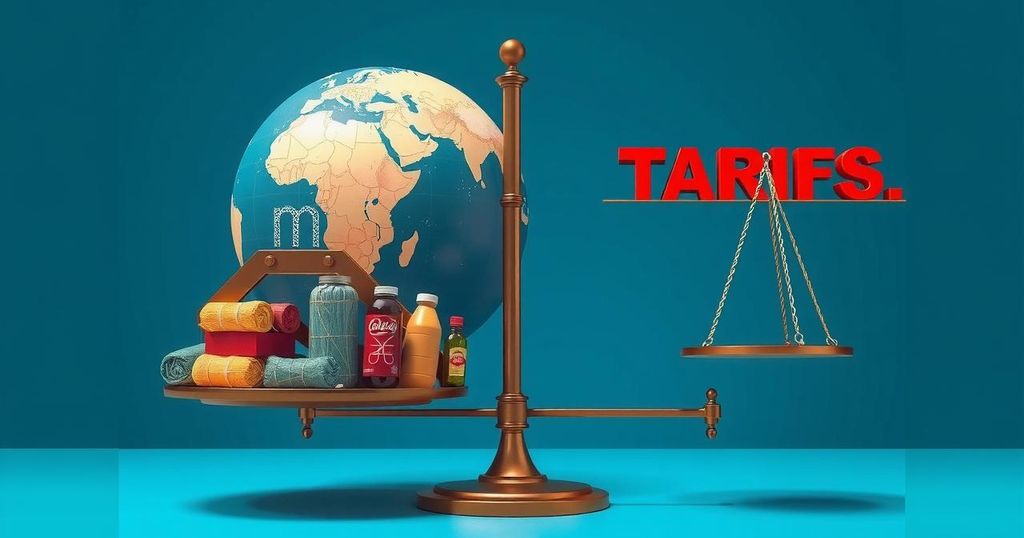- Trump unveils a 50 percent tariff on Brazilian goods.
- The tariff is slated to begin on August 1, 2025.
- This marks a major increase from the previous 10 percent duty.
- Tariff linked to criticism of Brazil’s treatment of Bolsonaro.
- Support from R-CALF USA highlights domestic agriculture concerns.
Trump’s Tariff Announcement and Its Background
President Trump officially announced a hefty 50 percent tariff on Brazilian goods set to take effect on August 1, 2025. The decision comes amidst ongoing tensions between the U.S. and Brazil, particularly concerning the treatment of former Brazilian President Jair Bolsonaro. In a letter shared via social media, Trump highlighted his discontent regarding Brazil’s perceived attacks on free elections and free speech rights of Americans, specifically referencing actions taken by the Brazilian Supreme Court that he claims infringed on these rights.
Significance of Tariff Changes and Political Context
This latest tariff represents a dramatic shift from the 10 percent duty Trump had previously imposed back in April under his reciprocal tariffs strategy. As reported by Politico, White House officials indicated that other punitive measures, such as sanctions, would have been time-consuming and too intricate to implement. Analysts note that the emergence of economic coalitions among nations including Brazil, Russia, India, China, and South Africa, has adversely affected relations with the U.S., and this could be a direct motivator behind Trump’s sharp tariff increase.
Implications for U.S. Agriculture and Tariff Support
The response from various stakeholders highlights the contentious nature of the situation. Some economists and critics contend that such tariffs are an extreme and unprecedented way to influence the internal politics of another country. Interestingly, Wilbur Ross, who was President Trump’s commerce secretary previously, compared the tariff to tactics Trump previously used regarding fentanyl. Additionally, the R-CALF USA organization has been vocal in its support for the tariff, emphasizing that Brazil’s excess beef exports have been detrimental to U.S. cattle producers and that higher tariffs are essential to protect domestic agriculture and food security.
President Trump’s announcement of a 50 percent tariff on Brazilian goods underscores the rising tensions between the U.S. and Brazil, fueled by political grievances regarding the treatment of former President Bolsonaro. This significant increase from the prior 10 percent tariff signals a more aggressive approach to international trade relations. Support for the tariff from agricultural organizations suggests that its implications for U.S. domestic markets could be substantial, highlighting the ongoing struggle for maintaining food security amidst these foreign trade challenges.






